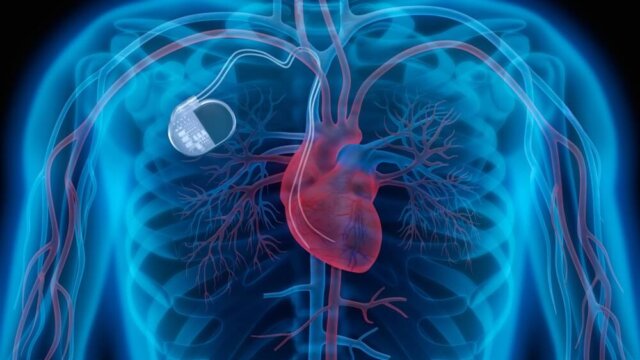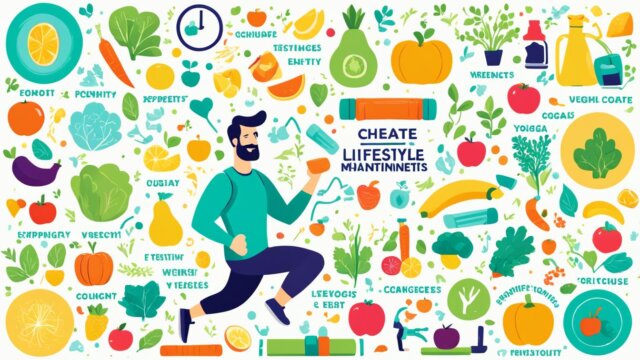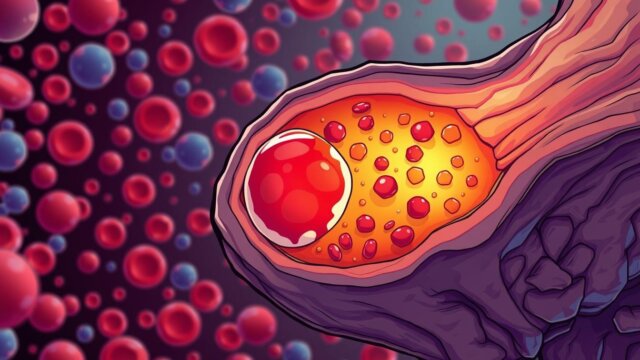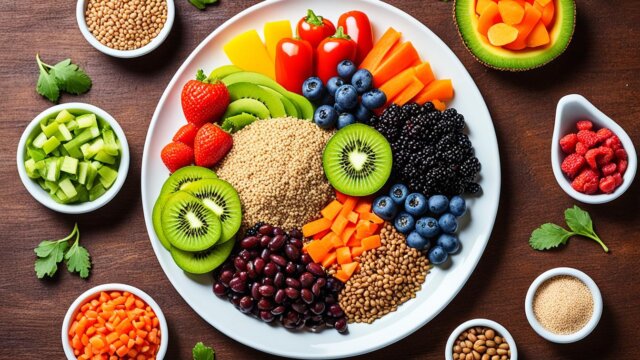FTC disclaimer: This post may contains affiliate links and we will be compensated if you click on a link and make a purchase.
A bland diet can help with symptoms like ulcers and heartburn. It’s also good for those who have had stomach or intestine surgery. This diet includes soft, non-spicy foods that ease digestion and aid in recovery.
On a bland diet, you eat foods that are easy to digest. Think of milk, low-fat dairy, cooked veggies, potatoes, and canned fruits. You can also have certain juices, refined flour products, lean meats, peanut butter, pudding, eggs, tofu, soup, and snacks like graham crackers and vanilla wafers.
But, avoid high-fat dairy, strong cheeses, raw veggies, and gassy foods. Also, skip dried fruits, whole-grain items, pickles, spices, sugary foods, seeds, nuts, and fried foods. Don’t forget to avoid alcohol, caffeine, and some medicines.
For a bland diet, eat small meals often and chew well. Quit smoking and don’t eat close to bedtime. Be careful with foods that make you feel bad, and drink slowly.
Key Takeaways
- A bland diet can help manage symptoms of digestive issues like ulcers and heartburn.
- Soft, non-spicy, low-fiber foods are the focus of a bland diet to soothe the digestive system.
- Recommended bland diet foods include milk, low-fat dairy, cooked vegetables, potatoes, canned fruits, and lean proteins.
- High-fat, high-fiber, and spicy foods should be avoided on a bland diet.
- Dietary guidelines suggest small, frequent meals, thorough chewing, and avoiding triggers.
What is a Bland Diet?
Purpose and Benefits
A bland diet is easy on the stomach. It includes foods that are soft, not spicy, and low in fiber. This diet helps the stomach rest and reduces irritation and inflammation. It can help with symptoms like heartburn, nausea, vomiting, and diarrhea.
It’s great for people with stomach problems from infections, diverticulitis, or chronic conditions like Crohn’s disease or ulcerative colitis. Those with acid reflux and peptic ulcers can also benefit from it.
When on a bland diet, eat small meals often and chew slowly. Choose tender meats, tofu, broth, smooth nut butters, eggs, and cooked veggies. Avoid tough, high-fiber, high-fat, spicy, or gas-producing foods like sausages and legumes.
Also, limit alcohol, spicy seasonings, caffeinated drinks, citrus fruits, and tomato products. These can irritate the stomach more.
This diet helps the stomach heal and recover. For those with Crohn’s disease or ulcerative colitis, it can reduce bowel movements. Doctors may suggest it before surgery on the digestive system.
But, not much research has been done on its long-term effects. A bland diet might cause constipation because it lacks fiber. This could affect health and gut bacteria balance.
Foods to Eat on a Bland Diet
If you’re on a bland diet for digestive issues or after surgery, pick your foods carefully. The goal is to eat foods that are easy on your stomach and intestines. Let’s look at the best foods for a bland diet to ease your digestive troubles.
Low-Fat Dairy
Choose low-fat or fat-free dairy like milk, yogurt, and cottage cheese. These items are good because they give you nutrients without the hard-to-digest fat.
Cooked Vegetables
For a bland diet, go for cooked, canned, or frozen veggies. Carrots, green beans, and potatoes are easy on your stomach when cooked this way.
Low-Fiber Fruits
Opt for fruits that are low in fiber like bananas, applesauce, and melons. These fruits won’t make your diet too hard to digest.
Processed Grains
Refined grains like white bread, crackers, and plain pasta are good choices. They’re easy on your stomach. Stay away from whole grains, which can be tougher to digest.
Lean Protein Sources
Lean proteins like poultry, fish, eggs, and tofu are okay on a bland diet. Avoid high-fat or spicy proteins.
By eating these easy foods, you can calm your digestive system and help it heal. Always talk to your doctor or a dietitian for advice on your diet.
“A bland diet is usually given to people with digestive problems. It aims to make digestion easier and lower the chance of irritation from food.”
Foods to Avoid on a Bland Diet
When you’re on a bland diet, it’s key to avoid foods that can make digestion worse. Foods like high-fat dairy, gas-producing veggies, seeded fruits, whole grains, and fatty meats should be avoided. These foods can upset your stomach and slow down healing.
High-Fat Dairy
Avoid high-fat dairy like whipped cream, ice cream, and strong cheeses. They’re hard to digest and can make you feel worse.
Certain Vegetables
Some veggies like broccoli, cabbage, and onions can cause gas and discomfort. Eat less of these while on a bland diet.
Seeded and Acidic Fruits
Fruits like berries, oranges, and tomatoes can upset your stomach. Choose fruits that are low in fiber and not acidic.
Whole Grains
Whole grains, like bran cereals and whole wheat bread, are high in fiber. They can be hard to digest on a bland diet. Go for refined grains instead.
Fatty Meats and Fish
Avoid fatty, fried, or seasoned meats and fish. Choose lean proteins and skip the rich or greasy foods.
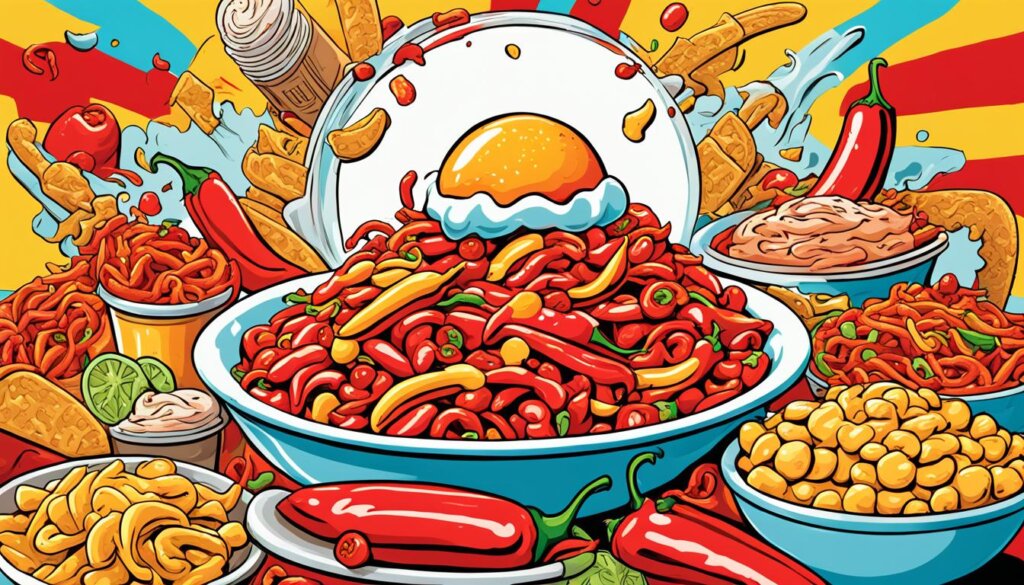
By watching what you eat and making smart choices, you can follow a bland diet that’s easy on your stomach. This helps your health too.
Bland Diet Tips
Following a bland diet can help with digestive issues like diarrhea and nausea. It’s key to keep some tips in mind for the best results.
- Eat small, frequent meals to avoid overwhelming your digestive system.
- Chew your food well to aid digestion and ease discomfort.
- Don’t eat close to bedtime to prevent reflux and digestive issues at night.
- Stop smoking to reduce digestive irritation.
- Avoid medicines with aspirin or ibuprofen to lessen digestive problems.
Consider adding supplements like aloe vera or licorice root to help with digestion. As you get better, slowly add fiber and variety to your diet for better health.
A bland diet is good for now, but not forever. It can cause constipation and upset gut health if used too long. Always talk to a doctor to make a diet plan that fits you and includes any needed medicines.
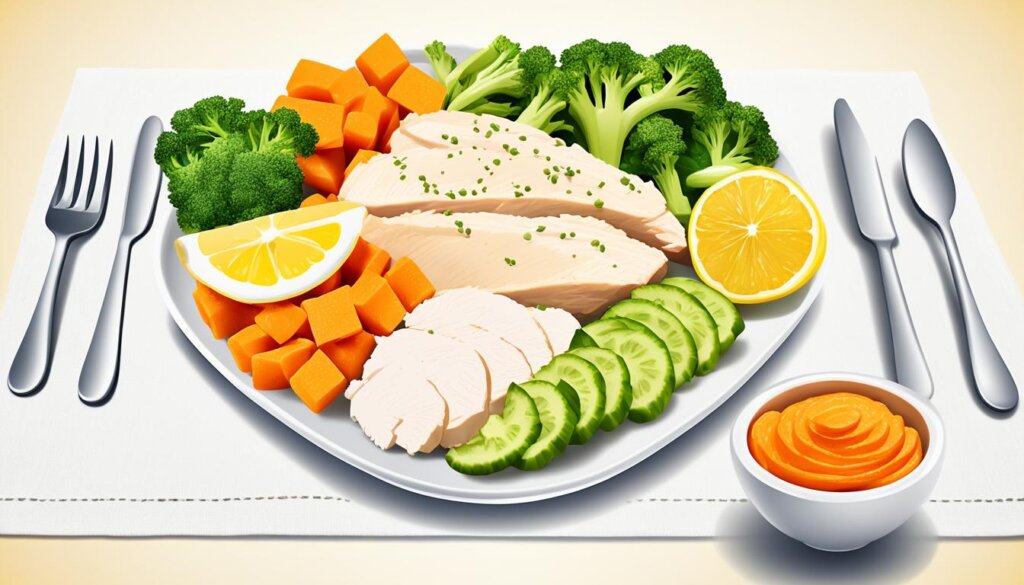
The Bland Diet for Specific Conditions
A bland diet is often suggested for stomach issues. It offers foods that are easy on the stomach and help reduce swelling or irritation. This diet is good for people with peptic ulcers, GERD, pancreatitis, Crohn’s disease, and ulcerative colitis. The diet’s main goal is the same for all these conditions.
For those with peptic ulcers or GERD, eating bland foods can lessen stomach acid. This helps protect the stomach or esophagus lining. If you have pancreatitis, a bland diet is low in fat. This can ease the pancreas’s workload. Crohn’s disease or ulcerative colitis patients may find it helps during flare-ups and reduces symptoms by avoiding certain foods.
The BRAT diet, made up of Bananas, Rice, Applesauce, and Toast, is often given for diarrhea and stomach issues. These foods are easy to digest and help make stool firmer. But, doctors don’t use the BRAT diet as much now because it’s too limiting and can cause malnutrition.
Doctors might recommend a more varied bland diet instead. This includes foods like dairy, cooked veggies, lean meats, and processed grains. They might also suggest probiotics like Lactobacillus reuteri, Lactobacillus GG, and Saccharomyces boulardii for gut health.

Remember, a bland diet is only temporary for some stomach issues. It shouldn’t be followed for a long time because it can lead to not getting enough nutrients. Always talk to your doctor about how long to stay on this diet and when to start eating more varied foods.
Bland Diet for Digestive Health
A bland diet can help your digestive health even if you’re not sick. It focuses on soft, low-fiber, and low-fat foods. This makes it easier on your digestive tract and helps it heal. It’s great for people with stomach issues like nausea, vomiting, diarrhea, or heartburn.
Choosing the right foods is key for a bland diet. Foods like white rice, refined breads, applesauce, and cooked veggies are easy on your stomach. Lean proteins like chicken, turkey, or creamy nut butters also help without overloading your digestive system. Stay away from high-fat, high-fiber, and acidic foods to ease discomfort and aid healing.
Following a bland diet can really help. It balances things out, calms irritation, and helps your stomach heal. But remember, it should only be temporary. Eating too much bland food can cause constipation or upset your gut bacteria balance. Your doctor can tell you when it’s time to start eating more varied foods again.
Learning about bland diets can help you support your digestive health. Just listen to your body and follow your doctor’s advice. Make changes slowly and safely to your diet.
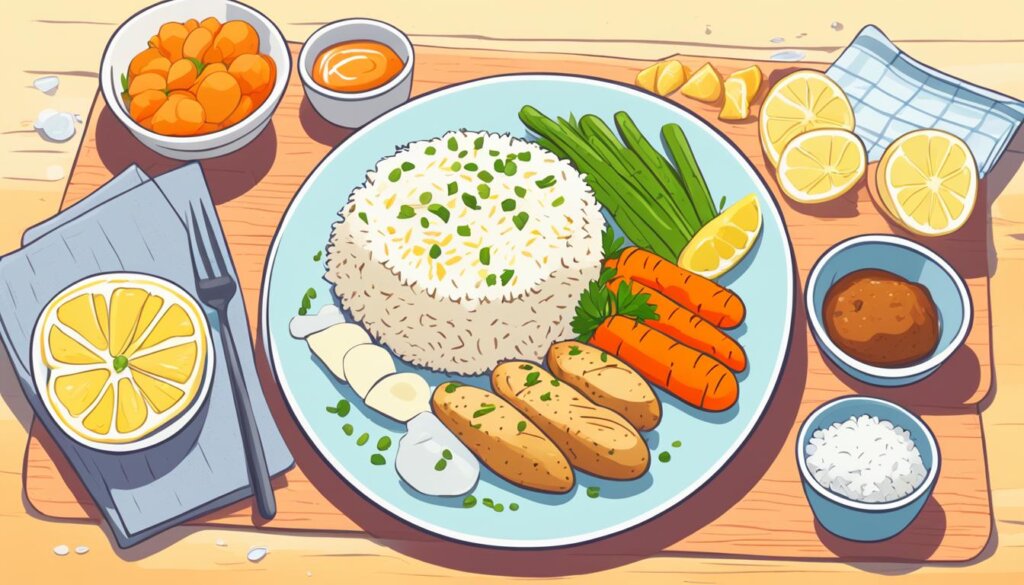
“A bland diet can be a powerful tool in managing gastrointestinal issues and promoting overall digestive wellness.”
Reintroducing Foods After a Bland Diet
Coming off a bland diet is a careful step towards better health. This diet helps with some digestive problems but lacks nutrients for full health. With your symptoms better, start adding more foods back in slowly. Always check with your doctor or a dietitian first.
Start by adding one new food at a time and watch how you feel. This slow way helps avoid making things worse. Keeping a food diary can help track your health during this time.
If you have SIBO, you might slowly add more fiber, even up to a vegan diet level. A nutrition therapist can make this easier by giving you personal advice and support.
Some people may avoid certain foods for up to 2 years on a low FODMAP diet. Over time, they might get better and can eat more foods again.
Always be careful and patient when adding foods back into your diet. A nutritionist can help you add foods back in the right way, helping you manage your health issues.
Guidance for Pet Owners
Vets might suggest a bland diet for pets after they’ve been fasting or had digestive problems. This diet is 75% boiled white rice and 25% low-fat protein like chicken or beef. Feed your pet this diet in small amounts until they feel better.
If your pet won’t eat the bland diet, try meat-based baby food without onion or garlic. Adding probiotics and plain yogurt or cottage cheese can also help their digestion.
Adding foods back into your pet’s diet should be slow and watched closely for any bad reactions. Adding food to a sick pet needs patience and a careful plan for a smooth transition.
Bland Diet for Heartburn Management
A bland diet is often given to people with frequent heartburn, happening more than two times a week. It includes soft, low-fiber, and non-spicy foods to ease heartburn and other stomach issues.
Once your doctor says it’s okay, you can slowly start eating other foods again. Roasting veggies can make them taste better than steaming. Foods like eggs, hot cereals, tofu, soups, and broths are also good choices.
Conclusion
The bland diet can help ease your digestive system and ease many stomach problems. It focuses on foods that are easy to digest and low in fiber and fat. This can lessen irritation and help your body heal. Always talk to your doctor to make sure this diet is right for you and to know when to slowly add more foods back.
This diet is great for many digestive issues like stomach ulcers and acid reflux. It uses foods that are easy on your stomach. This can help you feel better and heal faster, especially after surgery or ongoing stomach problems.
The bland diet is a short-term fix for your stomach, not a long-term eating plan. By following this diet with your doctor’s advice, you can help your digestive health and feel better overall.
FAQ
What is the purpose of a bland diet?
A bland diet includes foods that are soft and low in spice. It helps soothe the digestive system. This is good for people with ulcers, heartburn, or after surgery.
What types of foods are allowed on a bland diet?
You can eat low-fat dairy like milk and yogurt. Also, cooked veggies, low-fiber fruits, and lean proteins like chicken and tofu.
What foods should be avoided on a bland diet?
Avoid high-fat dairy and some veggies that make gas. Don’t eat seeded fruits, whole grains, or fatty meats.
What are some tips for following a bland diet?
Eat small, frequent meals and chew well. Don’t eat before bedtime. And skip smoking and some medicines.
What medical conditions can a bland diet help with?
A bland diet helps with stomach issues like ulcers and GERD. It’s also good for pancreatitis, Crohn’s disease, and ulcerative colitis.
How long should a bland diet be followed?
This diet isn’t forever. Once your stomach feels better, slowly add more foods. Always ask your doctor or a dietitian for advice.

